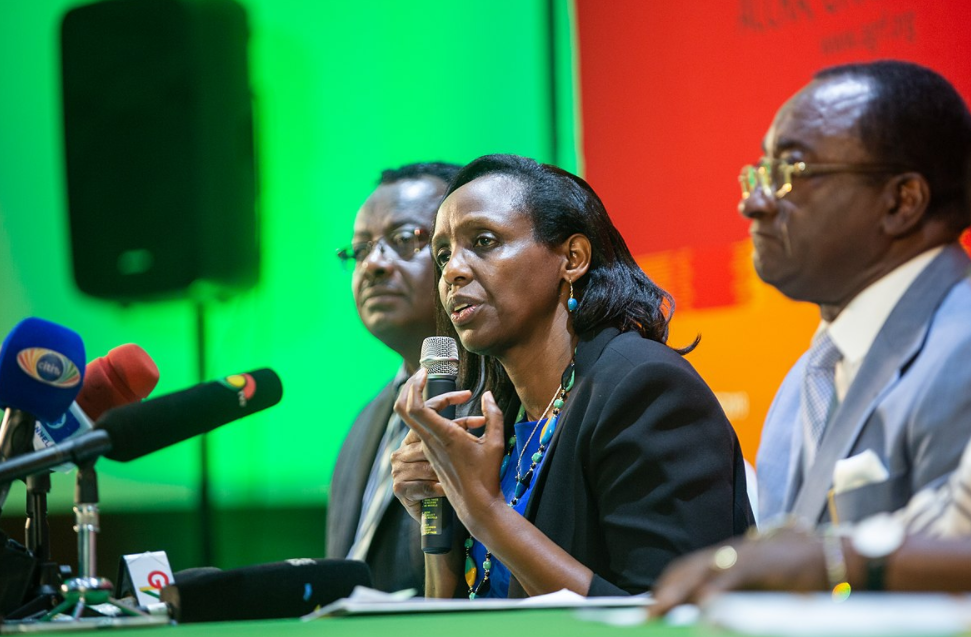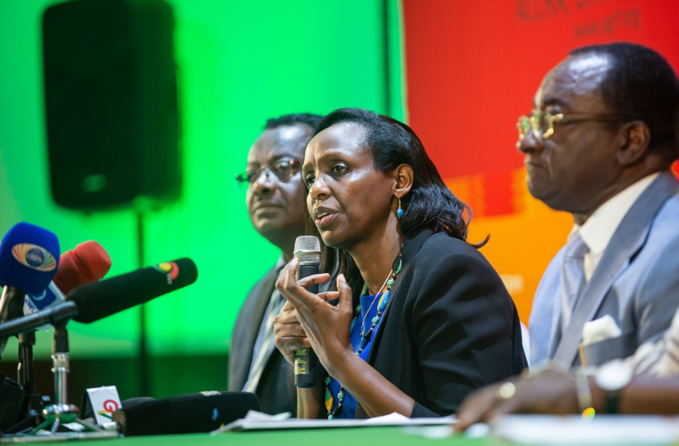People living in poor countries are at even greater risk of food shortages in 2021 due to the pandemic crisis, said Agnes Kalibata, the UN special envoy for the 2021 Food Systems Summit.
"Food systems have shrunk because of COVID-19. Food has become more expensive and in some places even unaffordable for people. This year the situation looks more difficult than last year," Kalibata said, noting that many of the problems predicted by experts last year have been postponed rather than solved.
She said restrictions imposed because of the coronavirus resulted in closure of markets, which in turn made life difficult for farmers. Kalibata also noted rising food prices due to the pandemic and worsening problems as people exhausted their food stocks and savings and are now experiencing a protracted crisis.
She said governments should have prepared for the crisis to be longer than they had originally anticipated. Dealing with COVID-19 and its economic consequences could take at least five years, she said. "The number one mistake was that we thought [the crisis] would be short, we thought it could last six months," she said, noting that lockdowns are important to protect people but should not be indefinite.
She said governments should prioritise the movement of food from production areas to distribution centres and consumption centres, as well as across borders.
In addition, she noted that it is necessary to keep prices low and food affordable, and to ensure that markets work despite the crisis.
source: theguardian.com
"Food systems have shrunk because of COVID-19. Food has become more expensive and in some places even unaffordable for people. This year the situation looks more difficult than last year," Kalibata said, noting that many of the problems predicted by experts last year have been postponed rather than solved.
She said restrictions imposed because of the coronavirus resulted in closure of markets, which in turn made life difficult for farmers. Kalibata also noted rising food prices due to the pandemic and worsening problems as people exhausted their food stocks and savings and are now experiencing a protracted crisis.
She said governments should have prepared for the crisis to be longer than they had originally anticipated. Dealing with COVID-19 and its economic consequences could take at least five years, she said. "The number one mistake was that we thought [the crisis] would be short, we thought it could last six months," she said, noting that lockdowns are important to protect people but should not be indefinite.
She said governments should prioritise the movement of food from production areas to distribution centres and consumption centres, as well as across borders.
In addition, she noted that it is necessary to keep prices low and food affordable, and to ensure that markets work despite the crisis.
source: theguardian.com



















